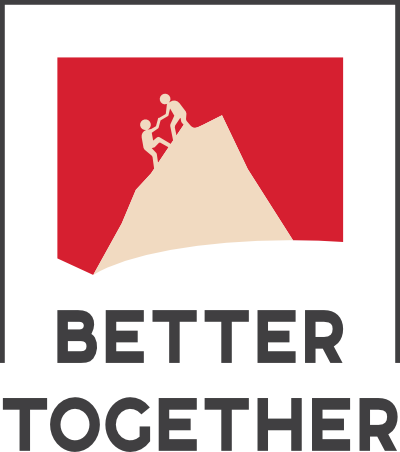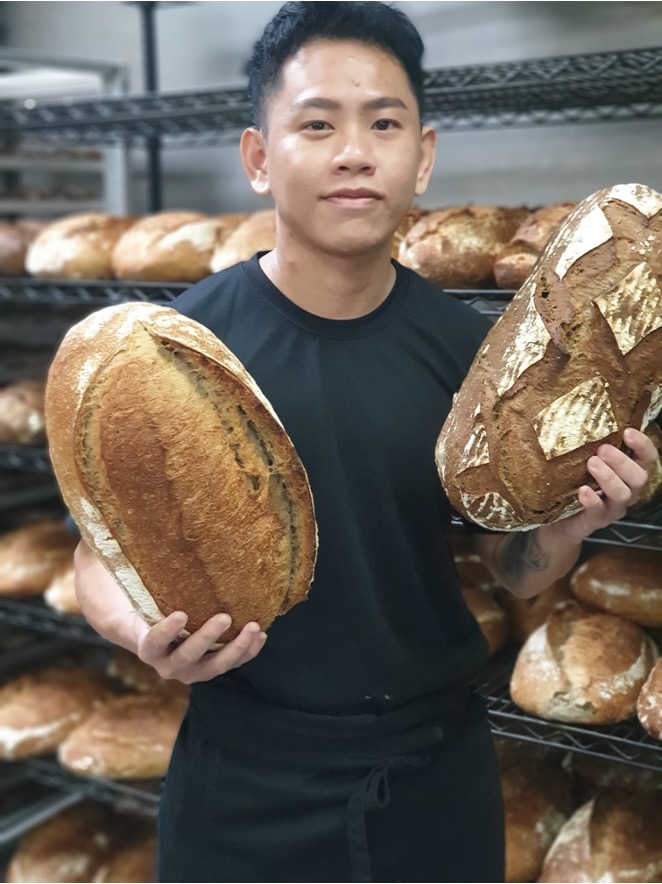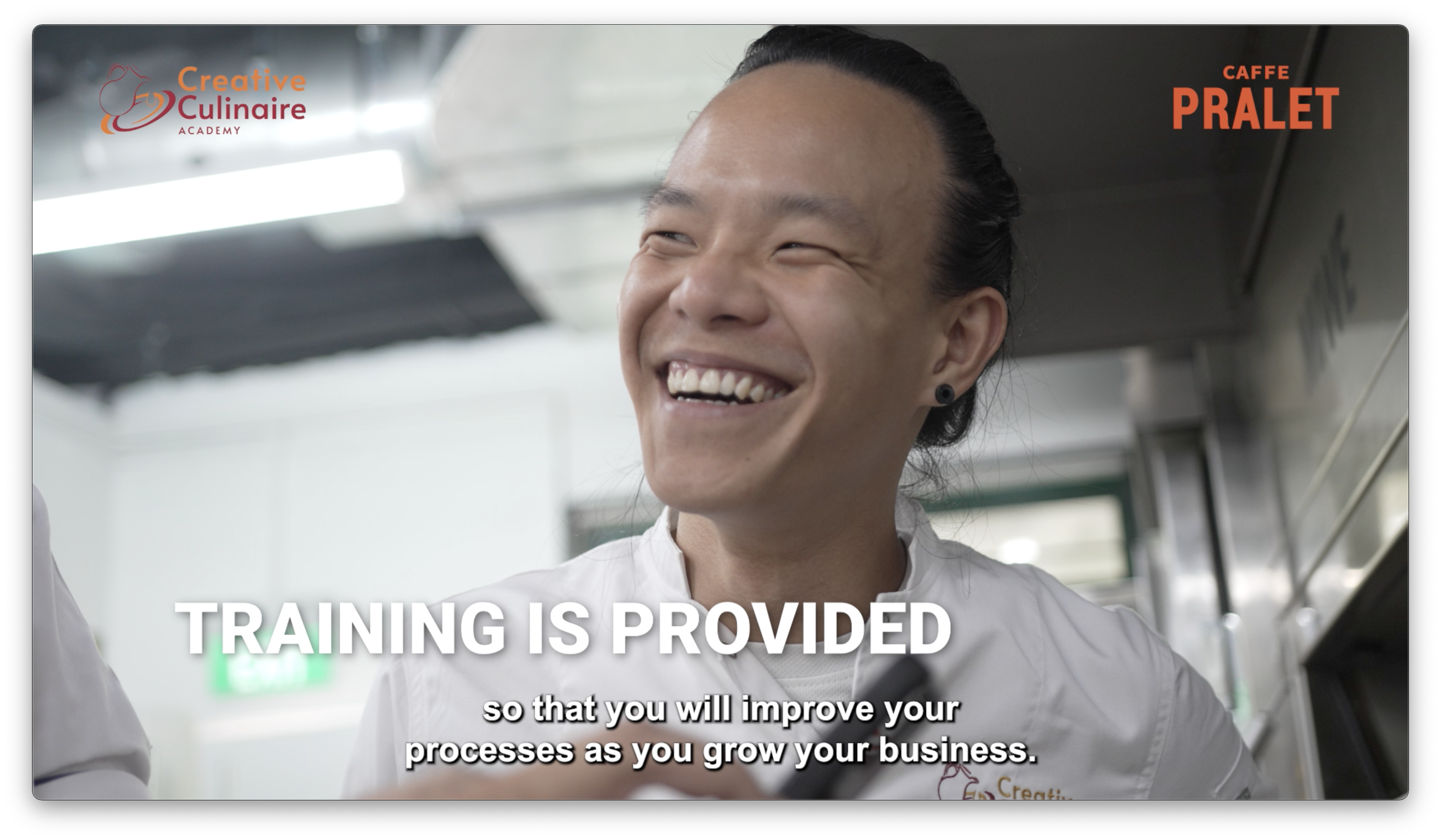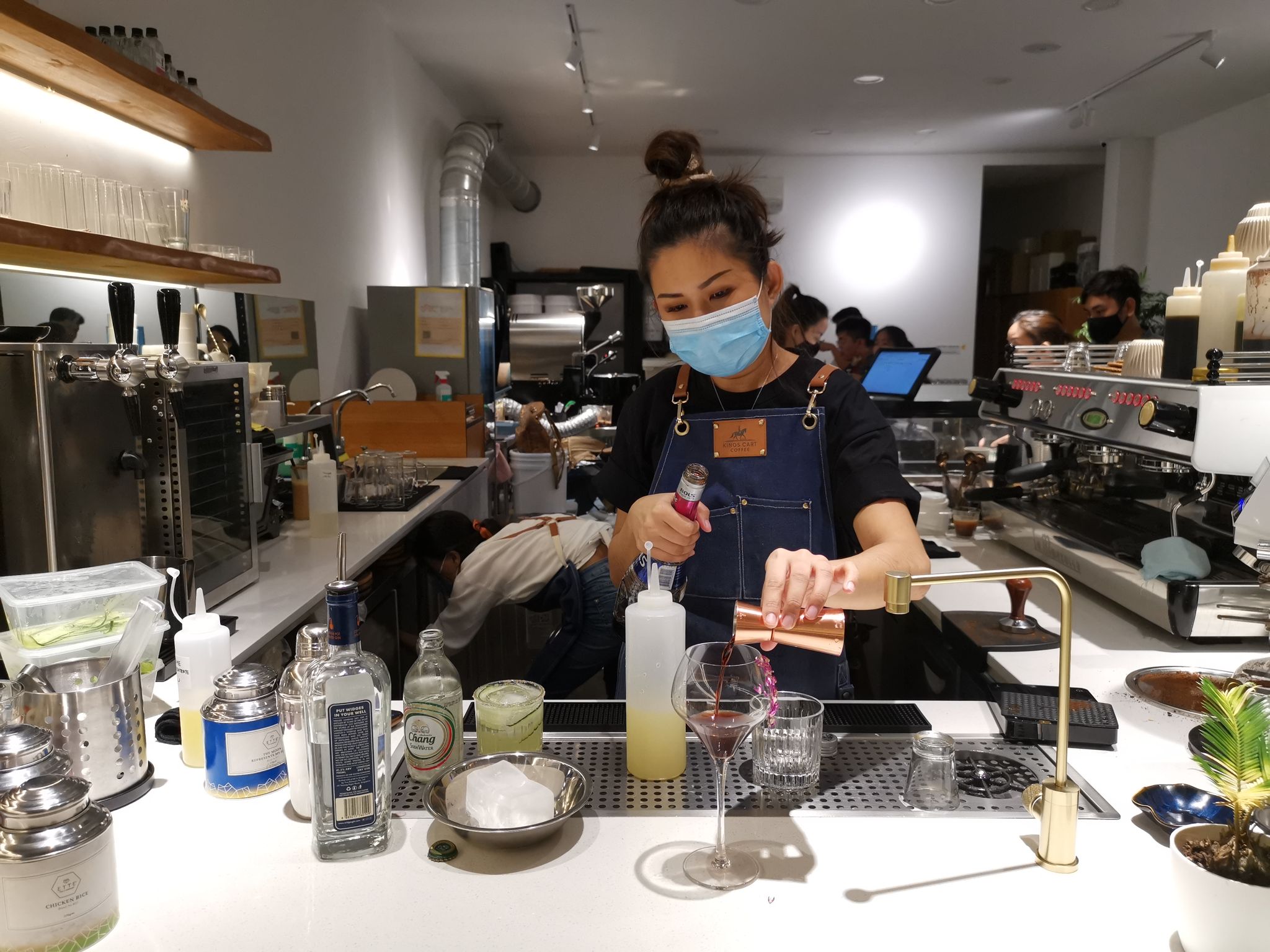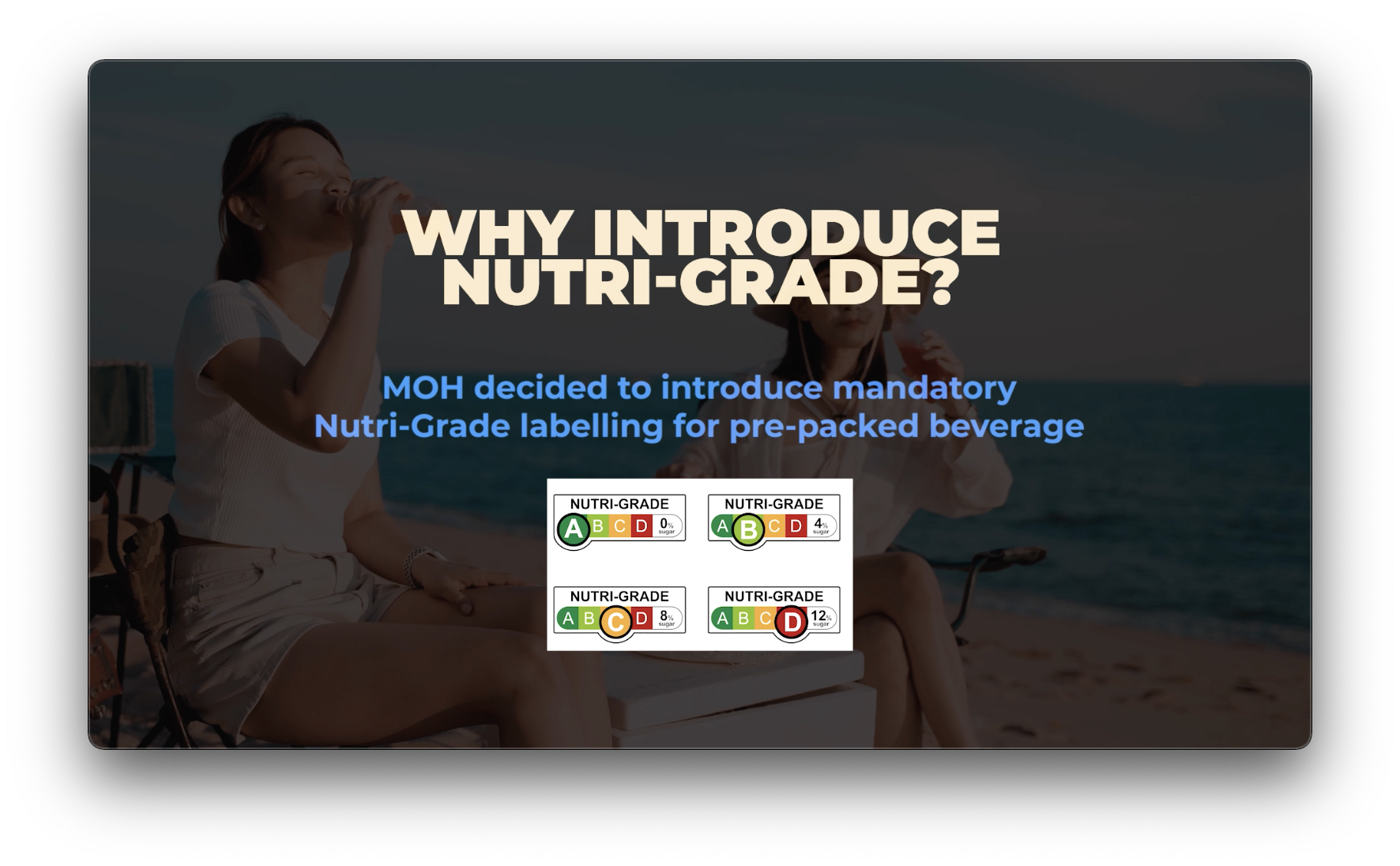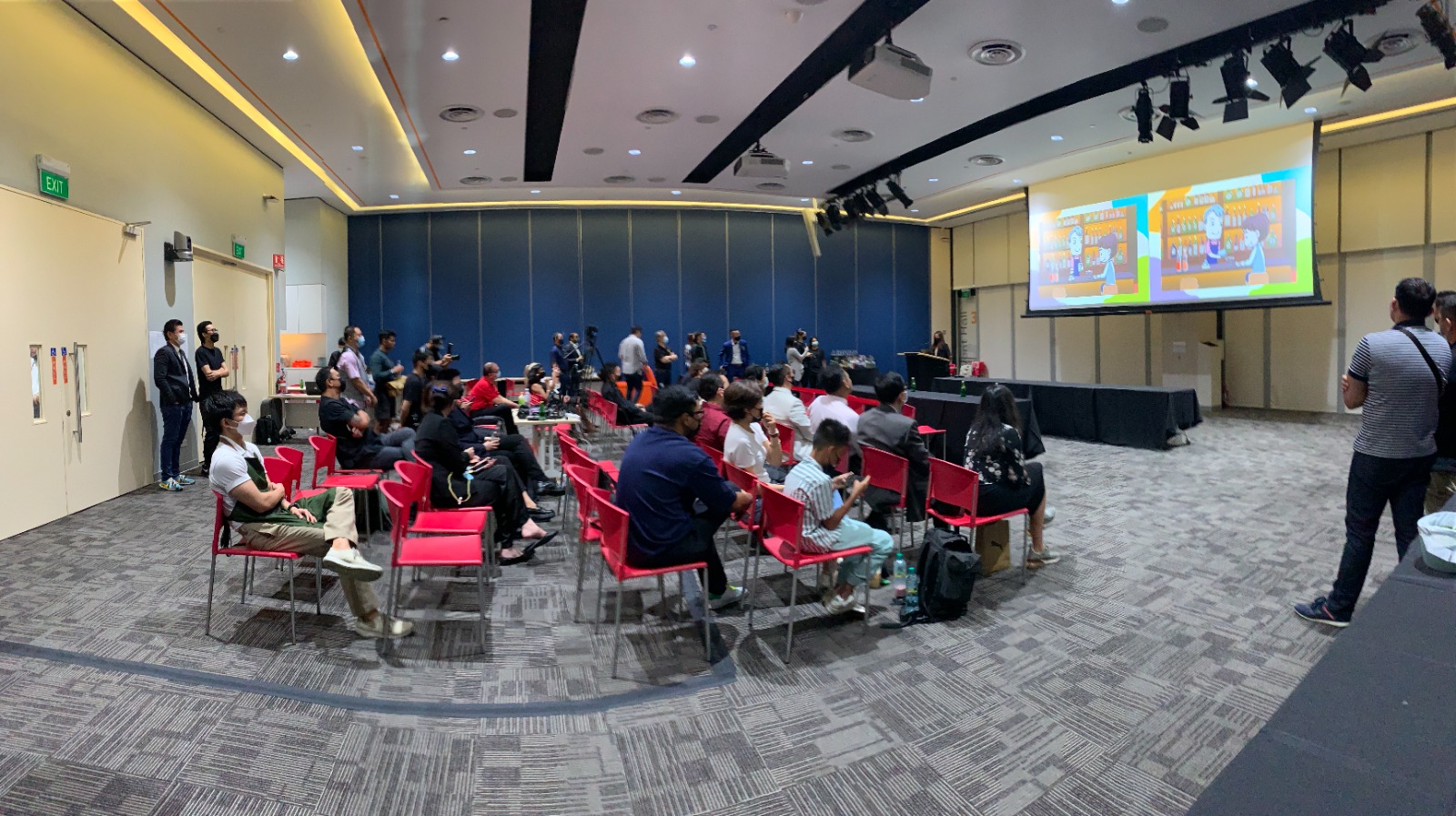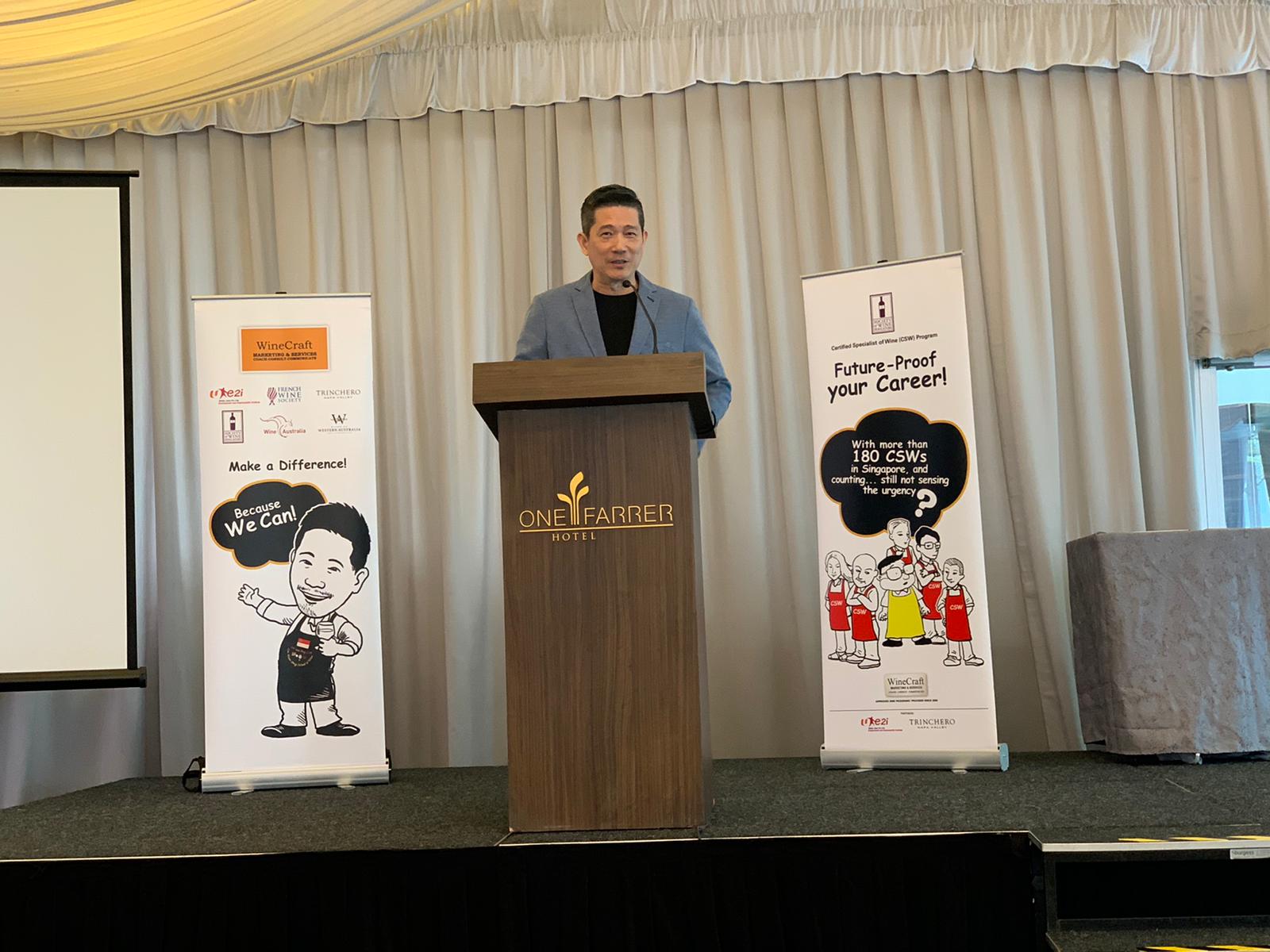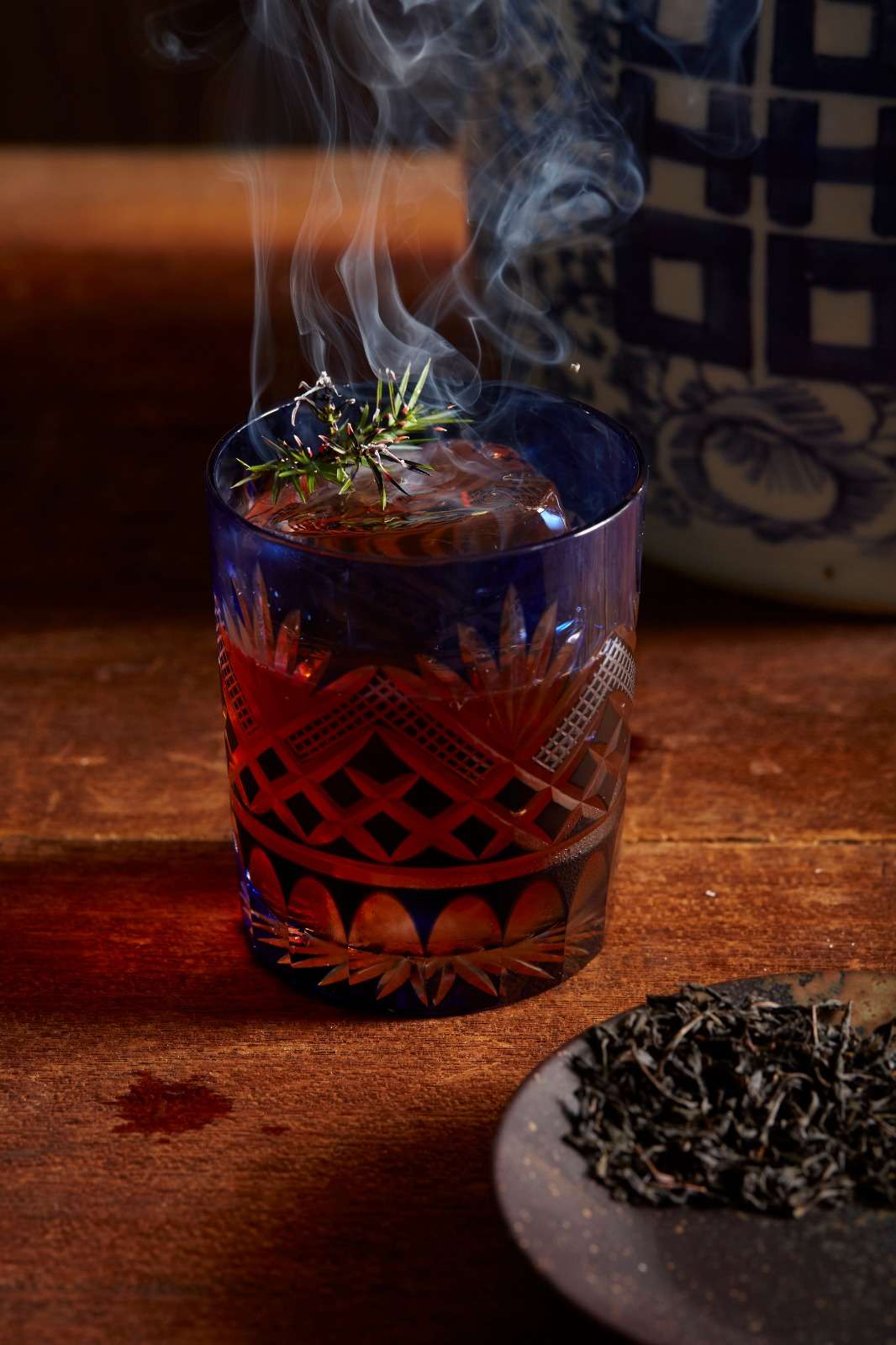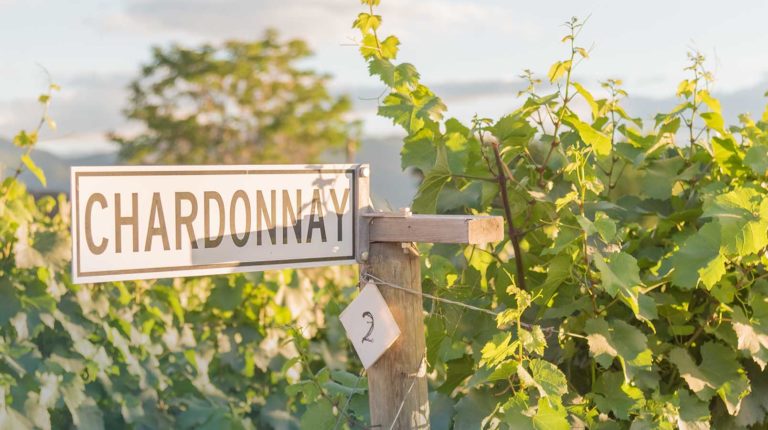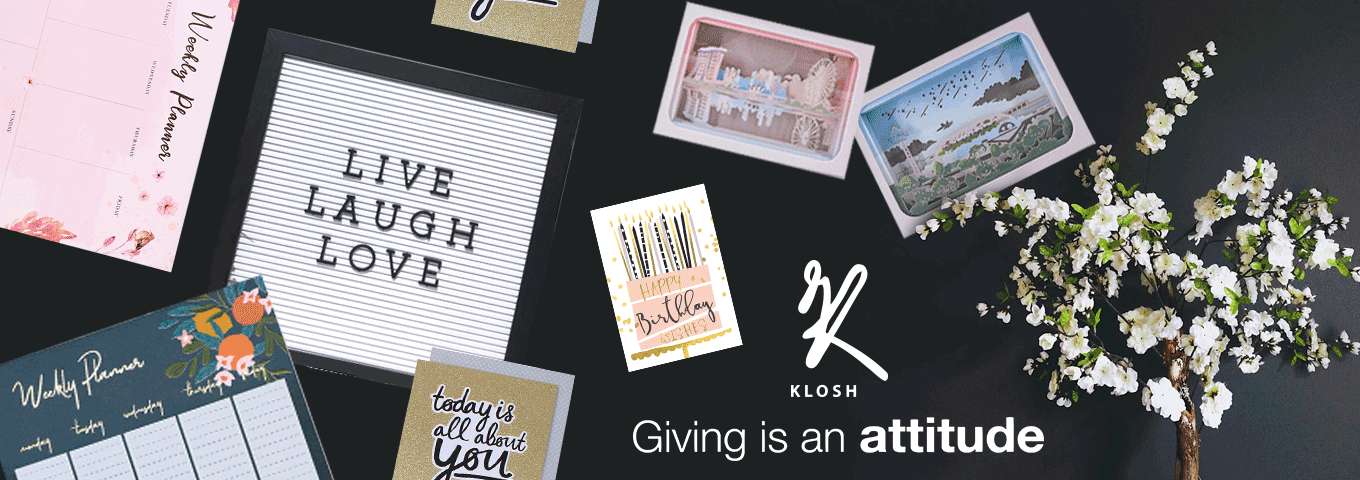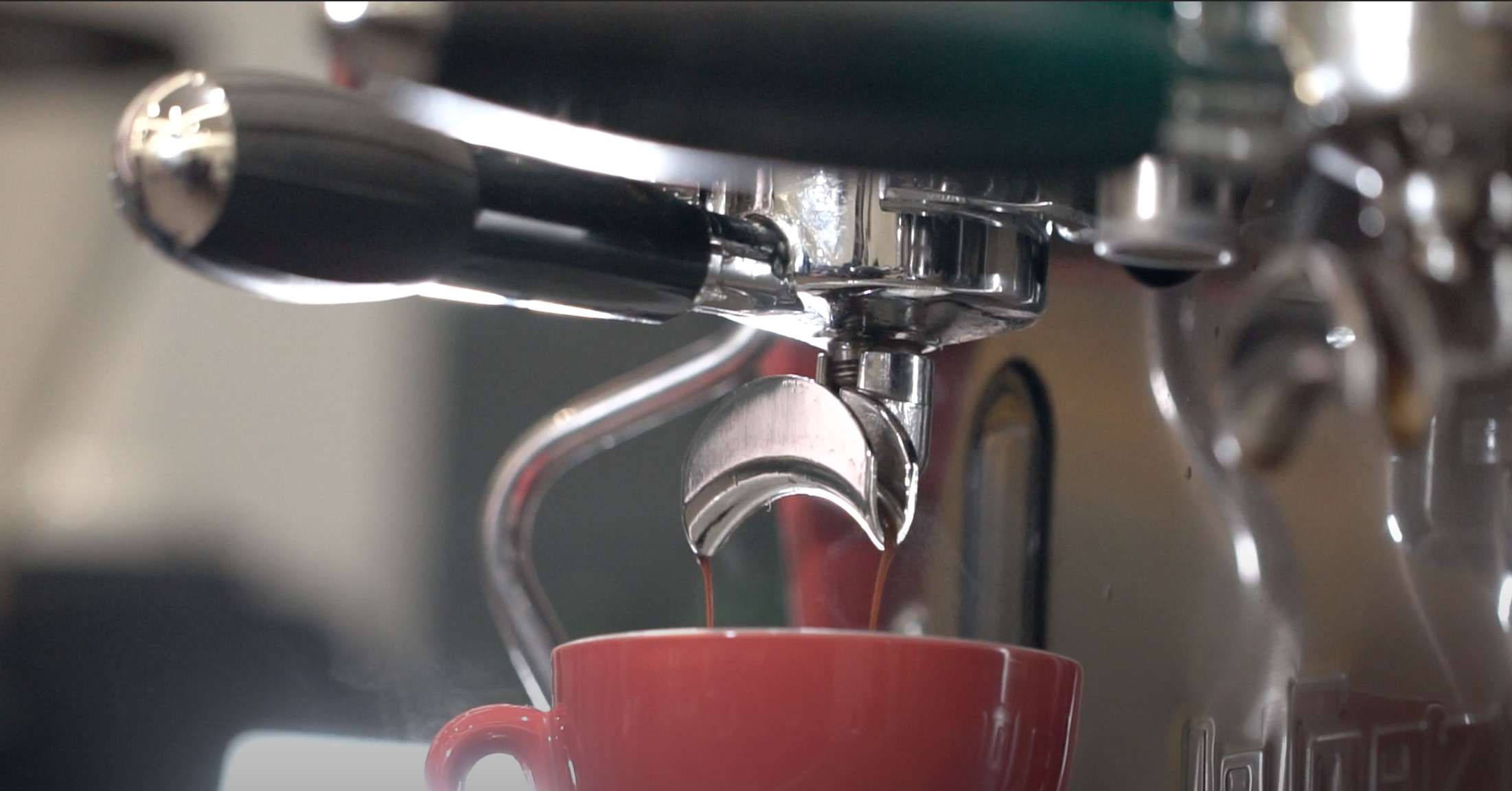Can one become a professional by merely macerating in their job for years, and is such practice adequate in coping with the increasing demand of a First World city? Lim Hwee Peng CWE, FWS digs deep from past experiences to share his observation on the evolving profession.
In the pioneering days of Singapore’s wine industry, on the job (OJT) training was the default mode of learning for wine specialists in the retail, F&B, hospitality and wholesale sectors. And it is common then to have individuals simply spending years toiling in their trade; commanding a level of seniority, including respect.
Unfortunately, such practice needs an update as it is not in tune with the current demands of consumers, or meeting expectations of the fast evolving wine world. These days, in addition to amassing work experience, a wine specialist is expected to validate their knowledge and skills by attaining a level of competence recognised by the industry.
One of the keen supporters in modernising the wine specialist vocation was the Employment & Employability Institute (e2i).
Since 2011, I have had the privilege to partner with e2i to assist companies that were keen to send their staff to enhance their professional growth by in enrolling for the international wine programs that were under our care—namely, the Certificate in Wine Studies, Certified Specialist in Wines and French Wine Scholar programs. These companies that enrolled their local staff were able to tap into e2i’s Professional Development grant to subsidise part of the course fees.
After successfully completing the professional wine courses, graduates were able to apply their learned knowledge to enhance their work performance, and contribute to the organisation’s growth. Naturally, employers were delighted to reward them by enhancing their remuneration.
Yet, even with the availability of certification programs and support funding, the industry still finds itself chasing after the curve. In our decade-plus experience as a wine program provider, I have observed several key factors that prevented many from reaching their professional potentials.
One of which is the trepidation in taking on structured-learning, especially after being away from a school setting for lengthy period of time. In some ways, I can understand why one might be fearful of being a ‘student’ again, especially if they were holding a senior position, and getting on in years. Thankfully, we have the solutions to address those unwarranted fears.
Modernising Wine-Learning Methodology
A vital approach in designing and executing a wine program with a great result is to recognise that wine learning must be treated as a tool with applicable outcomes, not an art to be mastered. The next critical step is to shape the curriculum in addressing the learners’ mindset and concerns, so that there will be a higher level of acceptance from a pool of weary participants.
Wine is a complex subject, hence, keeping the program structure friendly, relatable, applicable, and making efforts to simplify intricate concepts; those considerations can hugely influence the learning outcomes of any wine course. One important takeaway of a well-considered syllabus is the building of confidence in learners. With confidence, participants gain the ability within them to better manage their professional responsibilities, enhance their performance and productivity at work.
When participants are inspired during their learning journey, they will become self-motivated to continue sharpening their tools of the trade, with a range of intermediate to advanced level courses available in the market.
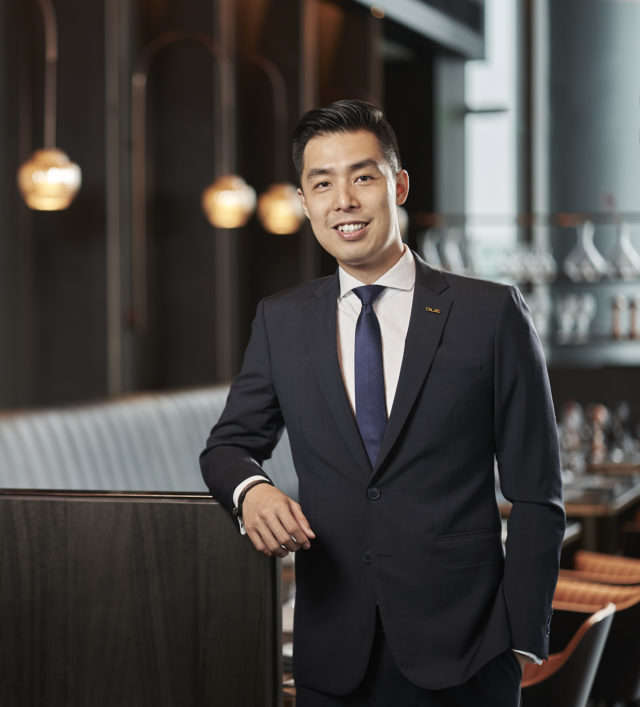
One such example is Benedict Tan. He was the Assistant F&B Director of Mandarin Hotel, when he enrolled in the Certificate in Wine Studies program, a wine course focusing on technical knowledge, designed for operational professionals, and endorsed by the Wines of Western Australia, a state body for the wineries in Western Australia.
Prior to his enrollment, Tan shared that his limited knowhow were derived primarily from his work experience and general interest in wine. He was determined to address the issue after experiencing the disadvantages of not plugging the gaps in his wine knowledge. Now a General Manager, Vue Bar & Grill, Tan said, “Without a strong foundation in technical information, F&B professionals can face difficulties in planning and executing a wine program,” he continued, “after attending the wine study program, I have a good appreciation of the different wine components that contributed to the complex and vast expressions in a bottle of wine.”
The knowledge that Tan has picked up from the program has also led him to design processes in enhancing wine services of Vue Bar & Grill. Even though there were plentiful examples of wine specialists benefitting almost immediately from structured learning, it is also clear that professional goals can be multifaceted, thus, it was unsurprising many other wine specialists need more stimulation to deepen their understanding of a complex subject.
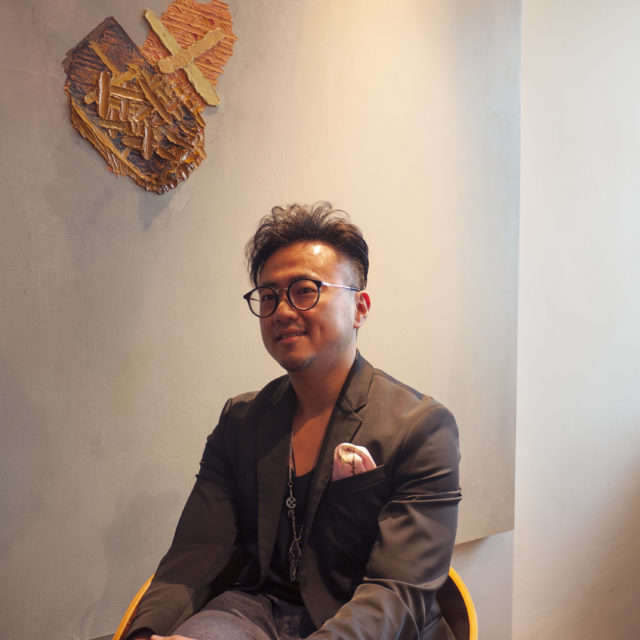
Lee Wing Yin, CSW, FWS, Marketing Manager from Monopole Pte. Ltd. conducted checks and references when he was seeking a wine program that can address the challenges in increasing his customers’ trust. Upon his success with the advanced-level wine specialist program, Lee proceeded to study in the French Wine Scholar program, as specialisation is key for him in staying relevant and ahead of competition.
The other reason to enroll in the French wine program is “because French wines, together with Australian wines, are the two most popular wines in Singapore market” said Lee. Without missing a beat on his learning journey, Lee has since completed the Bordeaux, Master-level program, and have further refined his technical knowledge in the vast wine world.
Indeed, the best foot forward for wine professionals is to continue fine-tuning their learning throughout the changes and growth in their career.
Reimagining Of an Industry: Wine Specialist 4.0
Yet, the need to continue learning is but one of several milestones to achieve in legitimising the wine specialist vocation.
With the advancement of artificial intelligence, automation and digital technologies in work places, there is an urgency to relook and redesign the existing skillsets to cope with the changes.
After a few years of deliberation and conducting groundwork, Singapore will be launching the Wine Specialist 4.0, a brainchild developed by Employment & Employability Institute (e2i), created for the Singapore wine specialist vocation.
The Wine Specialist 4.0 provides clear and specific guidelines, with actionable and expandable goals within Singapore and in international arena, to meet the various needs of a growing wine community.
In the new initiative’s framework, adaptive, technology and technical skills were the capabilities identified through industry survey among operators and professionals in the wine and related trade sectors.
With the establishment of Wine Specialist 4.0, e2i will be able to ascertain suitable training programs in equipping wine specialists to navigate competently through the numerous changes caused by the advent of Industry 4.0.
With so many opportunities on the horizon and plans in the pipeline, Singapore wine specialists look set to take on another evolution of its vocation.
